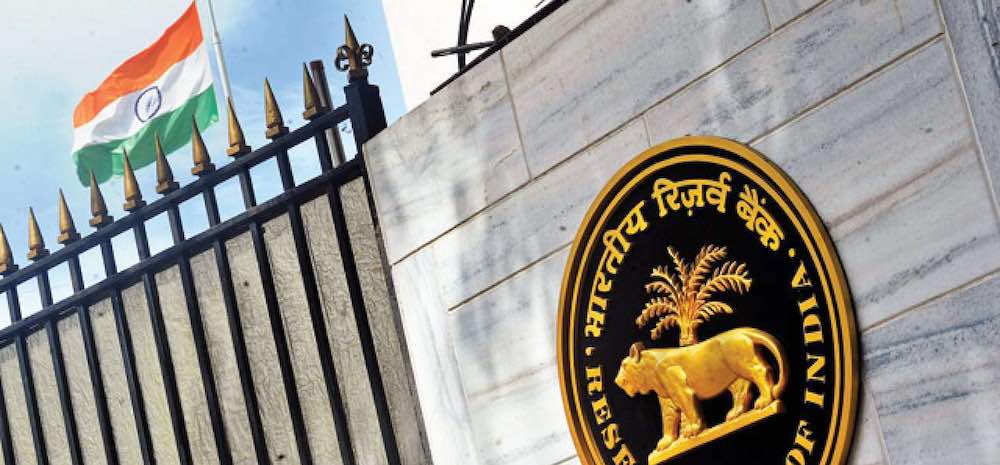RBI Makes NEFT, RTGS Free, ATM Fees Can Be Removed; Repo Rate Now At 9-Year Low

RBI Governor Shaktikanta Das headed the crucial Monetary Policy Committee (MPC) review today, and made some big changes to the existing financial policies of India.
These changes will have a big impact on digital transactions, ATM withdrawals, and EMIs paid by the consumers.
NEFT, RTGS Becomes Free
In a major decision by the RBI, all National Electronic Funds Transfer (NEFT) and Real Time Gross Settlement (RTGS) transactions have become free from now. A formal notification will be issued soon.
In a statement, RBI said, “In order to provide an impetus to digital funds movement, it has been decided to do away with the charges levied by the Reserve Bank for transactions processed in the RTGS and NEFT systems.”
RBI has made it clear that the benefits from lowering of charges should be passed on to the consumers, and the banks will formally informed of the same.
Interestingly, at the fag end of last month, RBI had issued a notification which increased RTGS charges, and had created different charges, for different time slots.
Ex-Infosys co-founder Nandan Nilekani had suggested zero charges for NEFT and RTGS yesterday, which RBI has finally implemented.
While NEFT is used for small transactions, RTGS is used for the bigger transactions. Both NEFT and RTGS are key, essential modes of digital payments and removal of charges associated with them will be a big boost for Digital India mission.
Kudos to RBI and the Govt. for taking this decision.
Repo Rate At 9 Year Low
In the same meeting, RBI has decided to lower repo rate by 24 basis points, and this makes it lowest in the last 9 years.
Now, after the reduction in charges, repo rate stands at 5.75%, as it has been reduced by 0.25%.
Repo rate is the interest rate at which commercial banks borrow short term loans from RBI. Reduction in repo rate will directly translate to lower EMIs for home loans, auto loans and personal loans paid by consumers to the banks and financial institutions.
In the month of April, RBI had reduced repo rate by 25 basis points or 0.25%, and this had made repo rate 6%, which has been no further reduced to 5.75%.
ATM Withdrawal Charges To Be Reviewed
The Monetary Policy Committee (MPC) also said that a special committee will be set up, which will review the ATM withdrawal charges associated currently.
Under the Chairmanship of the chief executive officer, Indian Banks’ Association (IBA), this committee is expected to either reduce the ATM charges, or remove the charges all together.
Rs 20 is the maximum ATM withdrawal charge which can be imposed by a bank, based on conditions such as the location of the ATM, how many times ATM has been used and depending on the bank.
We will keep you updated, as we receive more updates.

Comments are closed, but trackbacks and pingbacks are open.